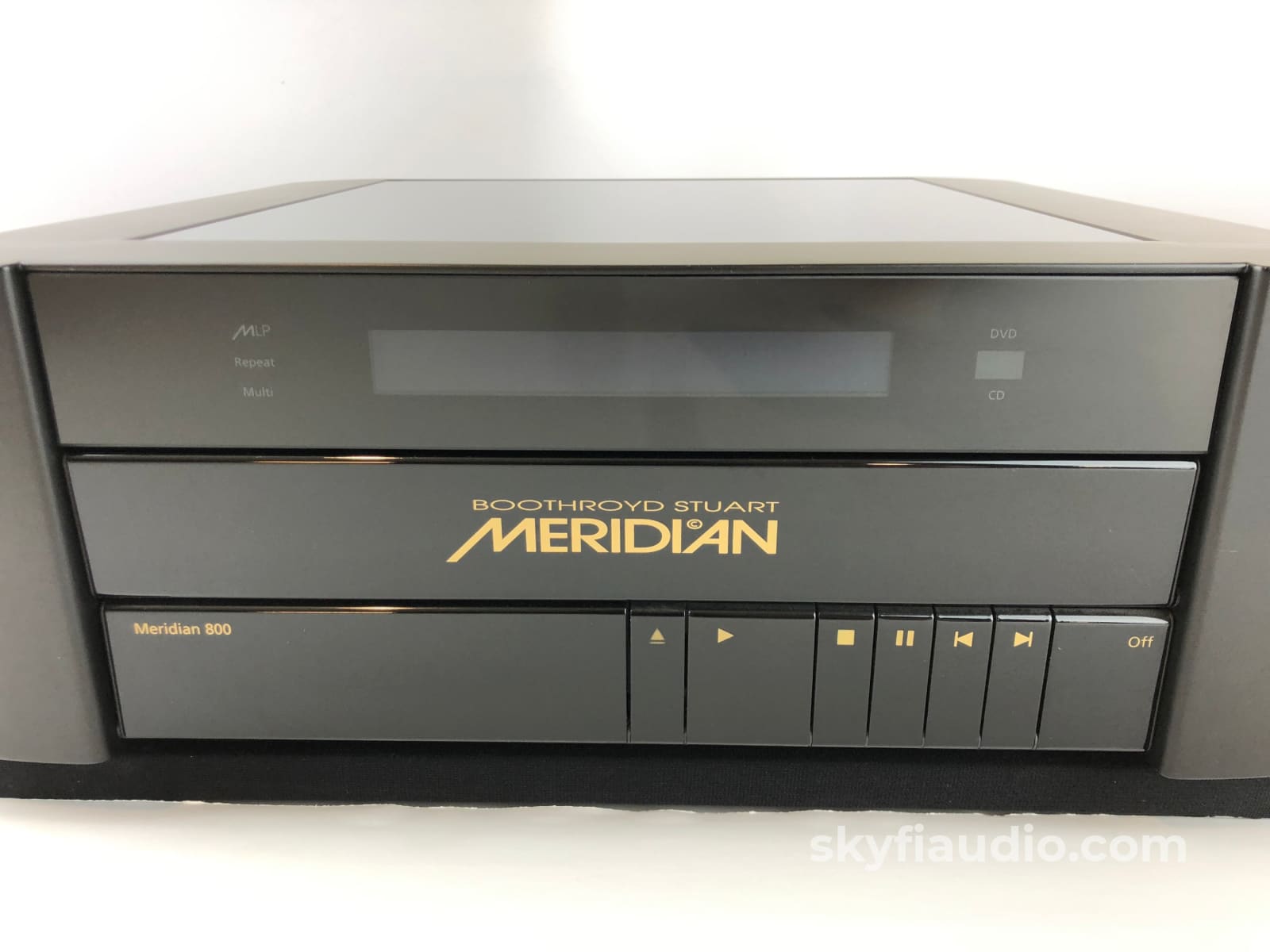It’s one of those projects of trying to put ten pounds of shit in a five-pound bag. It can be done, but the price of double-density shit has to be paid. There has been some speculation as to how quad was going to be implemented, as the Red Book remains secret to us normal plebes.The Quad option was present since the start but never used. The only time i had the possibility to know something about it was when i was testing cd-r software and asked for it to someone in the company which had the red book. IIRC it was 32KHz 12 bit 4 channel, which is 1536 kb, slightly more than the 44,1 16 bit 2 channel, which does 1411. As playback time it was similar to regular cd (remember that at the beginning of the cd era there was nothing above 60 min +- 1) because the cd speed was still at nominal level (1x) and increased many years later.
Last edited:





